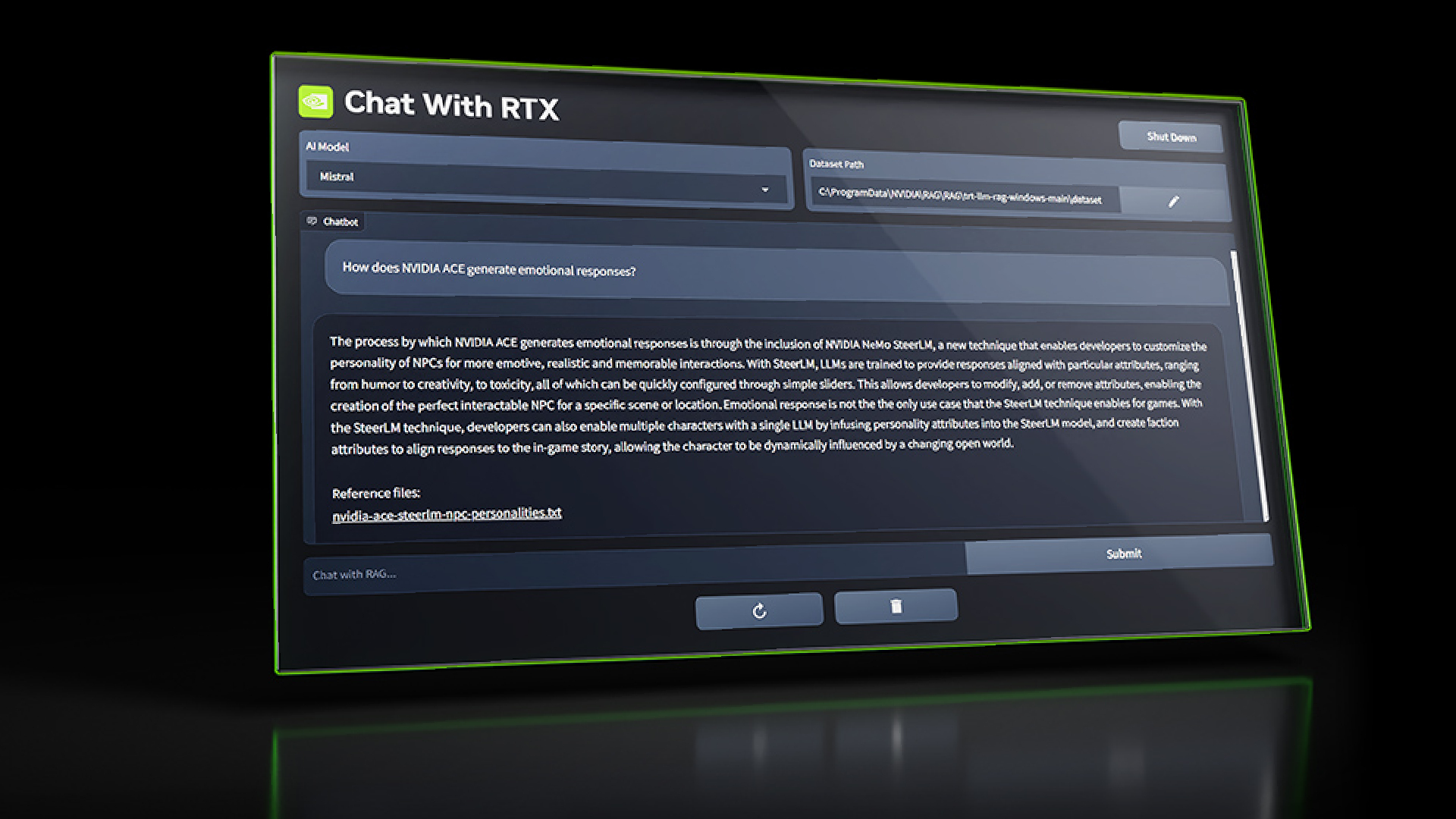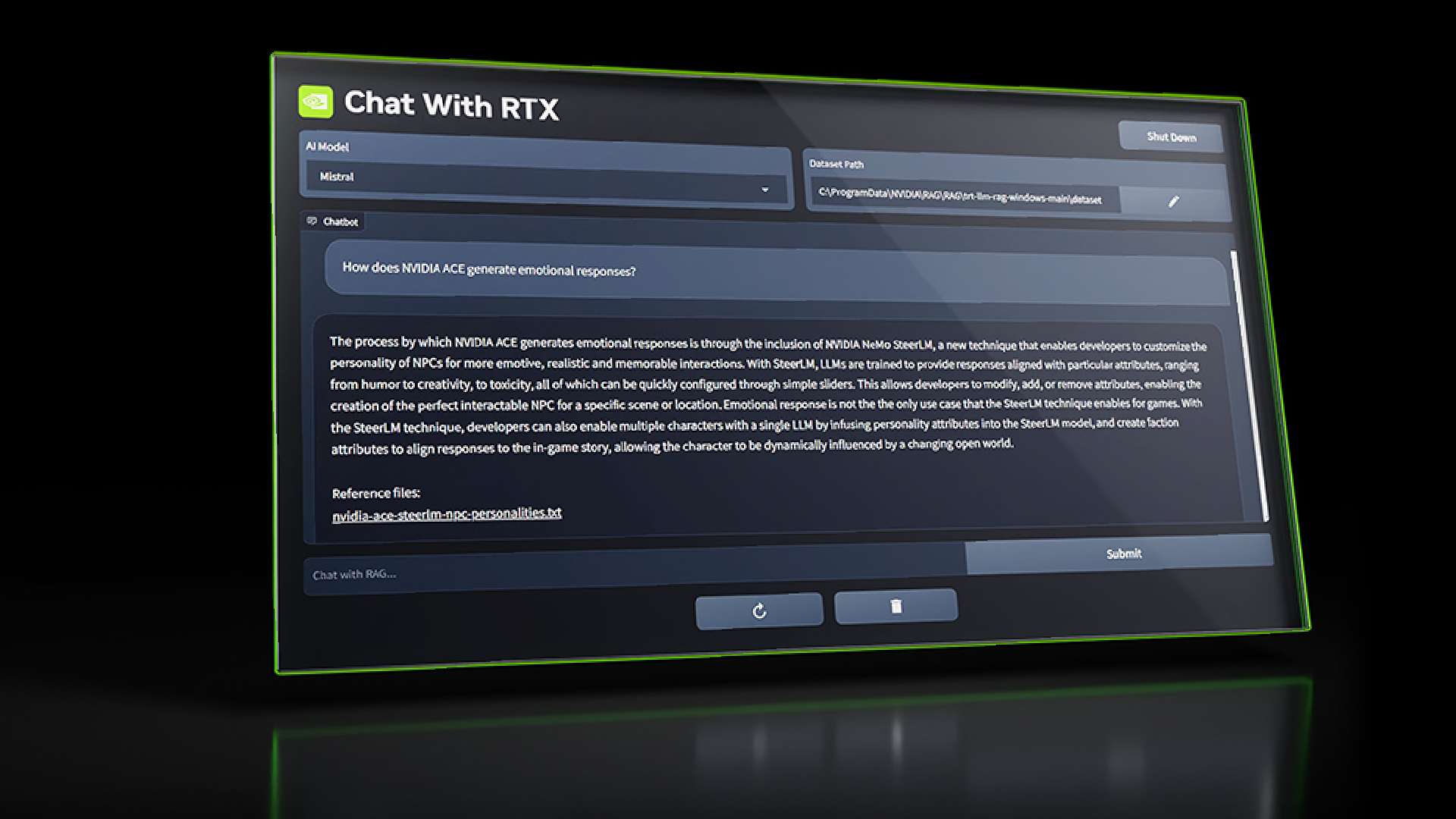GeForce Now recently celebrated four years of remarkable growth, transforming from a niche Mac and PC platform into a comprehensive gaming solution across a diverse assortment of devices. With an extensive library of titles and flexible play styles, it caters to a wide range of gamers.
Remember the laggy, 300ms ping associated with early cloud gaming? Well, sluggish latency is no longer something players need to deal with. The service now delivers near-console performance thanks to a dramatic expansion of data centers, from a mere two to a staggering 200.
Nvidia’s teams are to be applauded. The product team ensures flawless visuals and immersive gameplay, while Nvidia’s engineers prioritize the gaming community’s feedback. We wish they would stay off of Reddit, but for the most part it has helped Nvidia stay informed and connected to the community. Nvidia’s marketing team tirelessly promotes GeForce Now, forges strategic partnerships, and is great at building winning relationships with gamers and the media.

You would think Nvidia would be exhausted from all of this work and potentially consider resting on its laurels. Nope. The Nvidia team is actively working on expanding to encompass more devices, making the service more accessible for gamers of all kinds with the ability to stream games they already own on their favorite devices, and introducing innovative features like RTX chat. Additionally, they’re collaborating with Chromebook developers to unlock the platform’s true cloud gaming potential.
Remember those early days with “Tom Clancy’s Rainbow Six Siege,” “DotA 2,” and “Half-Life 2”? GeForce Now has come a long way. The possibilities seem endless, especially with cutting-edge titles backed by NVIDIA technology like DLSS, Ray Tracing, and Reflex powering the future.
Behind the Scenes
Initially, GeForce Now lagged behind desktop hardware. However, close collaboration with the company’s desktop division has narrowed this gap significantly. Anticipating the rise of high-quality ray tracing and DLSS, it equipped its GPUs to handle these demanding technologies seamlessly.
Latency used to be a barrier for cloud gaming. However, an innovative Reflex mode enables players with suitable setups to achieve even faster cloud performance than local rendering.
Nvidia strives for a consistent user experience across all devices by dynamically optimizing the stream based on your hardware capabilities. This is an ongoing process, and the Nvidia teams are constantly refining their approach to deliver the best possible experience.
Over the last four years, GeForce Now has since evolved into a game-changer for the industry. Everyone I have spoken to at Nvidia is excited to continue democratizing access to the power of PC gaming, making it available to everyone, everywhere.
Final Thoughts
I’m not what you would call an active gamer. However, I have gone through every console since the first Atari launched way back, so long ago I won’t age myself by sharing the launch date. However, seeing what Nvidia has achieved with GeForce Now in less than a decade, has been a revelation.
And I’m speaking from experience, having used the platform on everything from my MacBook to my iPad, Pixex Tab, iPhone, and OnePlus Open. Almost anything with an internet connection that you can get your hands on, now allows you to game at near console levels. Sometimes, it even feels like it equals console gaming in many ways.
When you think about it, that is quite a massive achievement for something that started as a minor solution to an interoffice problem. Nvidia took something that was meant to be local and turned it into a worldwide gaming solution — and they should be celebrated for it.
Happy 4th birthday GeForce Now, I’m sorry I am a few weeks late, but I was busy gaming on your service.







